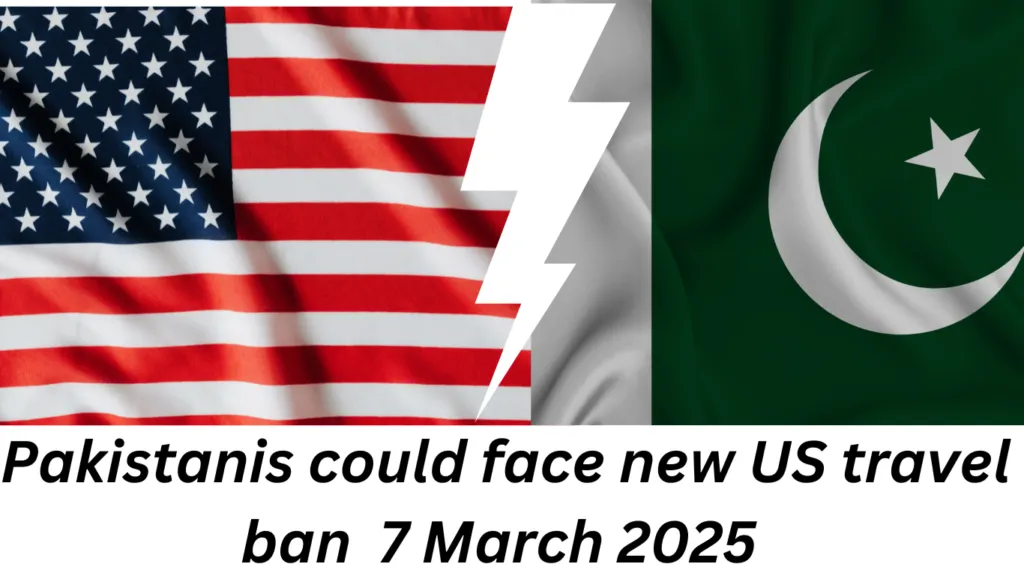Introduction
Rumors and speculation about a potential US travel ban targeting Pakistani nationals in 2025 have sparked concern among diaspora communities and policymakers. There is no confirmed official immigration policy but prior deportation history resurfaces doubts about future diplomatic ties between the United States and Pakistan and individual-level results.
Historical Context of US Travel Bans
Presidential executive order in 2017 under Donald Trump singled out Muslim-majorities for travel restrictions in the name of homeland security. The visa overstay rates and security situation in Pakistan became central to US government evaluation when the country was not specifically targeted by the ban. The US added Pakistan to its list of nations with high visa staying periods in 2020 which triggered enhanced visa examination procedures that intensified traveler anxiety. Changes in international politics show immediate effects on government immigration laws.More
Why Pakistan Might Be a Target
Several factors could drive a 2025 ban:
- Security Concerns: Persistent allegations of Pakistan-based militant groups and strained counterterrorism cooperation might fuel US skepticism.
- Political Shifts: A future administration emphasizing restrictive immigration policies, akin to the Trump era, could revive such measures.
- Visa Compliance: Past issues with visa overstays, particularly under the Biden administration’s focus on immigration reform, might resurge as a justification.
- Bilateral Tensions: Ongoing friction over Afghanistan, nuclear proliferation, or alignment with China could exacerbate distrust.

Potential Impacts
If implemented, the ban could have far-reaching consequences:
- Families Separated: Families awaiting visa approvals for reunification could face indefinite delays.
- Education Disrupted: Thousands of Pakistani students—contributors to US academia and economy—might seek alternatives, impacting cross-cultural ties.
- Economic Strain: Business travel and remittances, vital to Pakistan’s economy, could decline.
- Diplomatic Rifts: A ban might deepen mistrust, affecting collaboration on security, climate, and trade.
Reactions and Responses
Many observers contend that extensive travel restrictions prove unproductive and discriminatory in nature. The ACLU and similar groups have previously challenged these types of policies because they target particular nationalities when monitoring immigration for security purposes. Such a travel ban movement would probably receive strong condemnation from Pakistan’s government which could revert with diplomatic countermeasures. Immigrants from the diaspora should start public advocacy which emphasizes their valuable contributions to American society.click here
Looking Ahead
The doubtful possibility of a 2025 ban demonstrates how susceptible immigration policies become under modern geopolitical uncertainty. The monitoring of election speeches alongside diplomatic dialogues should be considered critical. People advocating change aim to find security-focused solutions that respect human rights and maintain bilateral relationships.
Conclusion
A potential travel ban exists as a reminder about how political developments globally affect each person’s personal circumstances. The stakeholders responsible for devising policies in 2025 need to maintain security measures which protect national interests without creating division between communities or neglecting human values. People from Pakistan as well as their international alliances observe the situation with a cautious eye as they hope that diplomacy will triumph over isolation.


